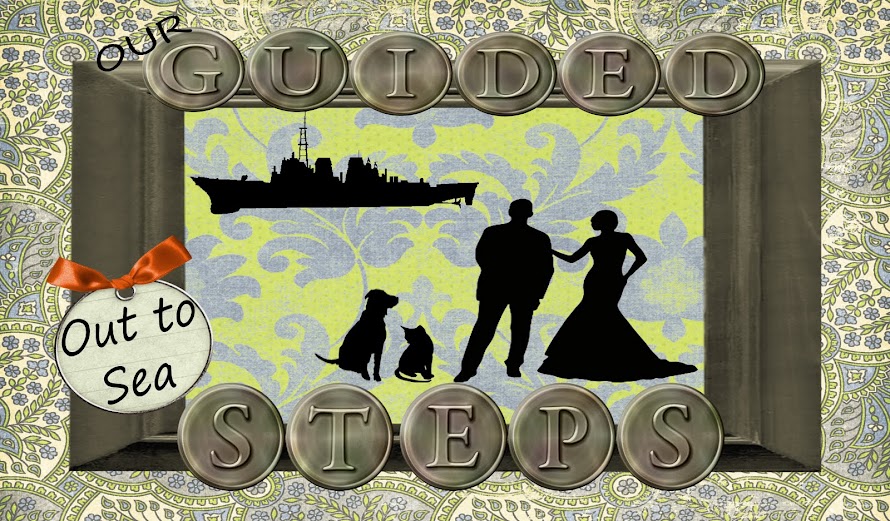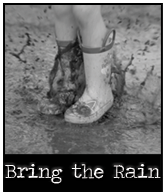The apostle Paul founded the church in Corinth. A few years after leaving the church, he heard some disturbing reports about the Corinthian church. They were full of pride and were excusing sexual immorality. Spiritual gifts were being used improperly, and there was rampant misunderstanding of key Christian doctrines.
The apostle Paul wrote his first letter to the Corinthians in an attempt to restore the Corinthian church to its foundation—Jesus.
And this is why we headed to Ancient Corinth for a mini Biblical vacation. Harry and I, along with the Barker's, took a few days off from the hustle and bustle of Souda and headed to Athens and from there did a little loop-t-loop around Peloponnese Greece.
First stop Ancient Corinth.

Ancient Corinth, the original City of Corinth, was founded in the 10th Century BC and was the largest city in ancient Greece and the area's richest port. The Corinth Paul knew had been re-founded by Julius Caesar as a Roman colony in 44 BC. Its strategic location also brought thousands of settlers from all over the Mediterranean.
Corinth was known as an especially “wild” city and had a reputation for licentiousness. Paul was faced with a city that was used to coin one of the Greek words for “fornicate”, which was korinthiazomai. There were 1,000 sacred prostitutes in the temple of Aphrodite on the Acrocorinth, which was an 1,886-foot hill that rises above the City of Corinth to the south.
The wealth of Corinth rested largely on control of trade in western Mediterranean. In the late 6th century Corinth sought to maintain this commercial hegemony by mediating conflicts arising between its neighbors, specifically Athens, Thebes and Sparta, and by contributing to the Pan Hellenistic efforts against Persian attempts to subdue Greece.

A road twists from the ancient site to the summit of Acrocorinth, the rugged limestone sugar loaf mountain that looms 1,885 ft. above the plain.
On the Acrocorinth itself are ruins of the Temple of Aphrodite, of which little remains. The Temple of Aphrodite had more than 1,000 sacred prostitutes at one time, exemplifying the ancient city's reputation for luxury and vice. Also on Acrocorinth are the ruins of a stone minaret and ancient defensive walls.
Acrocorinth's fortress was used as the last defending line in southern Greece repelling foes from entering the Peloponnesian peninsula.Three walls formed the man-made defense of the hill. The site was home to a temple to Aphrodite, a church, and a mosque.

On a clear day, the views from the summit are splendid, although it's been a long time since the atmosphere was clear enough to spot the glistening columns of the Parthenon on the Athenian Acropolis.

Temple of Aphrodite on this summit in antiquity, staffed by an estimated 1,000 temple prostitutes -- some of whom worked the streets in town but others who worked here, awaiting those hardy customers who walked up from Corinth. It is no wonder why Paul wrote all he did to the Corinthians.


On a clear day, the views from the summit are splendid, although it's been a long time since the atmosphere was clear enough to spot the glistening columns of the Parthenon on the Athenian Acropolis.

Temple of Aphrodite on this summit in antiquity, staffed by an estimated 1,000 temple prostitutes -- some of whom worked the streets in town but others who worked here, awaiting those hardy customers who walked up from Corinth. It is no wonder why Paul wrote all he did to the Corinthians.

The Apostle Paul visited Corinth in the 50s AD and later wrote two letters to the Christian community at Corinth (the books of 1 and 2 Corinthians in the New Testament). When Paul first visited the city (51 or 52 AD), Gallio, the brother of Seneca, was proconsul of Corinth.
Paul lived in Corinth for 18 months (Acts 18:1-18), working as a tent maker and converting as many Jews and pagans as he could. Here he first became acquainted with Aquila and Priscilla, who became his fellow-workers.
Although Paul intended to pass through Corinth a second time before he visited Macedonia, circumstances were such that he first went from Troas to Macedonia before stopping at Corinth for a "second benefit" (2 Corinthians 1:15). This time he stayed in Corinth for three months (Acts 20:3).
It was probably during this second visit in the spring of 58 that Paul wrote the Epistle to the Romans. Paul's First Epistle to the Corinthians, written from Ephesus, reflects the difficulties of maintaining a Christian community in such a cosmopolitan city.
Poor Harry.... he was extremely disappointed. I think he was looking for an identifiable marker stating "Paul was here". Maybe if there were bathroom stalls back then.... we would have found one.
Blessings to those with a "have been here" sign,
Kristie





















No comments:
Post a Comment